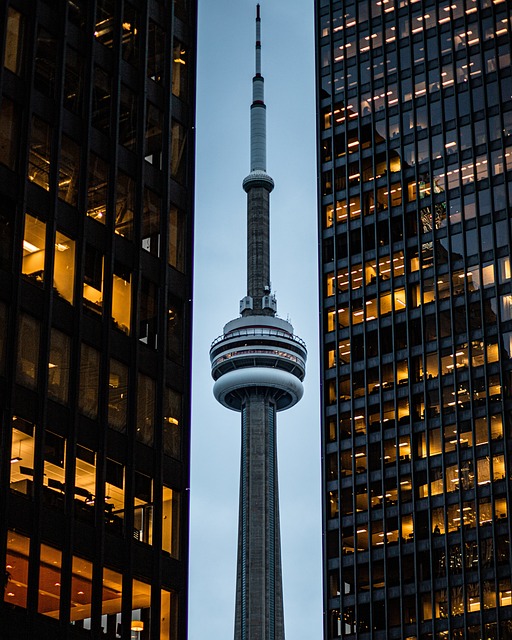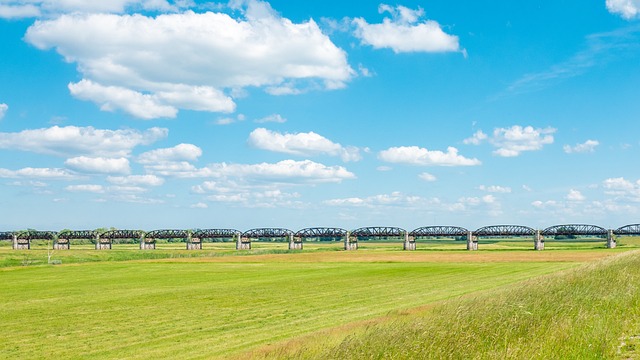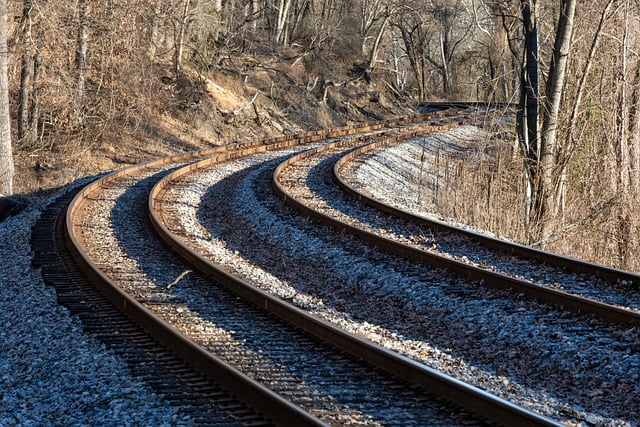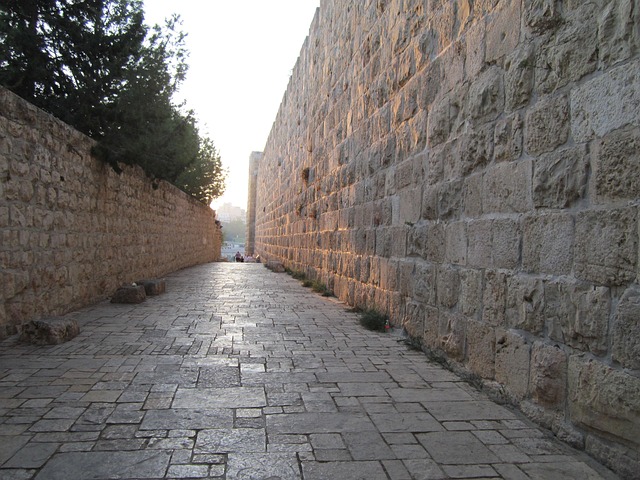Junction City's transportation evolution reflects its cultural growth, from 19th-century railroads to 20th-century highways, shaping its economic and social fabric. Today, the city prioritizes sustainable mobility with plans for green transit corridors, bike lanes, pedestrian walkways, electric shuttles, car-sharing, and autonomous vehicles by 2030, solidifying Junction City's position as a culturally evolved, eco-friendly urban hub.
“Junction City, with its rich cultural evolution, has witnessed a remarkable transformation in its transportation infrastructure over time. This article explores the historical journey of how the city has adapted and grown, from the horse-drawn carriage days to the modern era of sprawling roads and high-speed railways. We delve into the current state of Junction City’s transportation network, highlighting its robust road and rail systems that connect the metropolis. Furthermore, we gaze into the future, exploring ambitious plans for sustainable mobility solutions that will shape tomorrow’s vibrant Junction City.”
- Historical Evolution of Transportation in Junction City
- Modern Infrastructure: Roads and Railways Today
- Future Plans: Sustainable Mobility for Tomorrow's Junction City
Historical Evolution of Transportation in Junction City
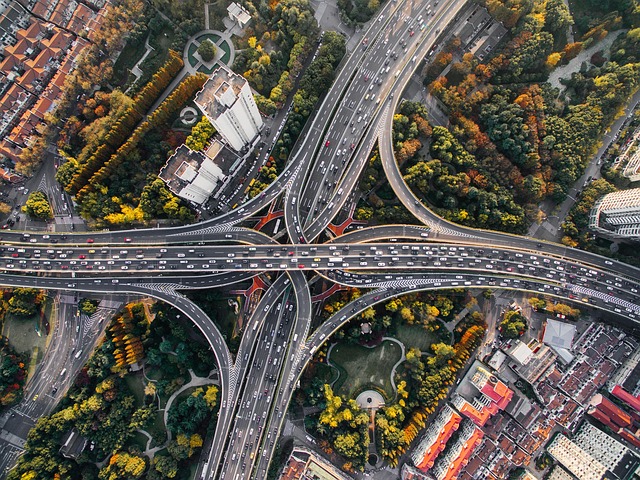
The historical evolution of transportation in Junction City mirrors its cultural evolution, reflecting the town’s growth and adaptation over time. Initially reliant on rugged terrain and isolated roads, Junction City began to transform with the arrival of railroads in the 19th century. This pivotal moment connected the once-remote city to broader regional networks, facilitating trade, tourism, and the movement of people. The construction of key rail lines not only boosted local economy but also laid the groundwork for future transportation advancements.
As the 20th century unfolded, Junction City embraced automobile-centric development, aligning with national trends. The expansion of highways and roads further integrated the city into a larger network of urban centers, attracting businesses and diversifying its economy. This shift in transportation infrastructure mirrored a cultural change, as more residents opted for personal vehicles over public transit. Today, Junction City continues to evolve its transportation systems to meet contemporary demands, ensuring its place as a dynamic and connected hub within the broader cultural landscape.
Modern Infrastructure: Roads and Railways Today
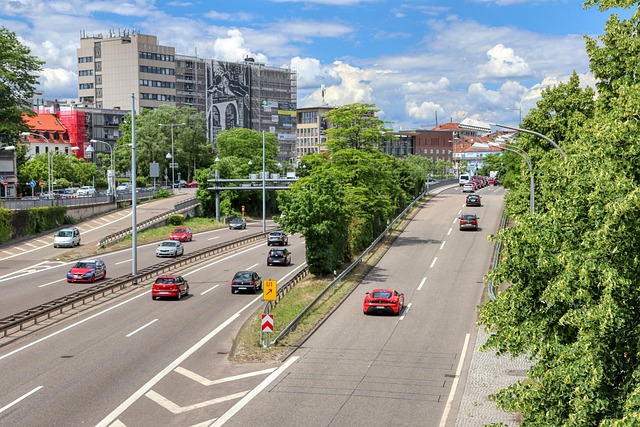
Junction City’s transportation infrastructure has undergone a remarkable transformation, reflecting its cultural evolution and keeping pace with modern demands. The city boasts an extensive network of well-maintained roads, ensuring seamless connectivity within the urban landscape. These thoroughfares are not just functional; they are designed with a blend of aesthetics and efficiency, incorporating modern road markings, lighting, and landscaping that enhance both the driving experience and the overall cityscape.
Complementing this robust road system is a revitalized railway network, which plays a pivotal role in Junction City’s transportation ecosystem. The railways not only facilitate efficient freight movement but also provide a sustainable public transport option. With regular train services connecting various parts of the city and beyond, residents enjoy easy access to neighboring towns and metropolitan centers, fostering economic growth and cultural exchange across the region.
Future Plans: Sustainable Mobility for Tomorrow's Junction City

As Junction City continues its cultural evolution, sustainable mobility is at the forefront of future plans. The city aims to transform its transportation infrastructure to cater to a growing population while minimizing environmental impact. This includes expanding dedicated bike lanes and pedestrian walkways, integrating electric shuttle services, and promoting car-sharing programs. By 2030, Junction City envisions a network of green transit corridors that facilitate efficient movement without compromising air quality or urban aesthetics.
These initiatives align with global trends in sustainable urban development, positioning Junction City as a leader in eco-friendly mobility. The city’s commitment to these projects not only enhances the quality of life for residents but also attracts environmentally conscious businesses and visitors. As part of its strategic planning, Junction City is exploring innovative technologies like autonomous vehicles and smart traffic management systems, promising an efficient, accessible, and ecologically sound future for all.
